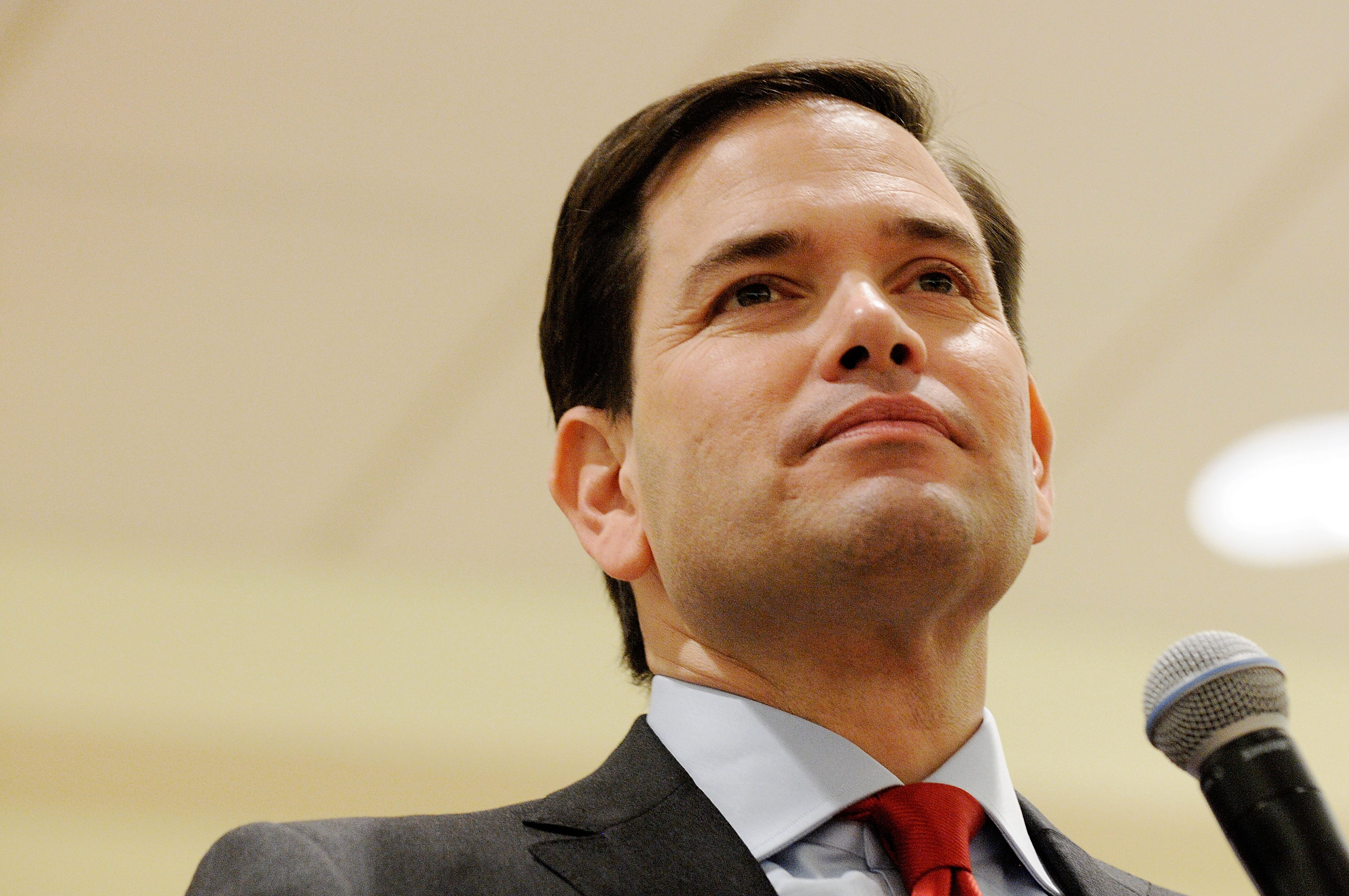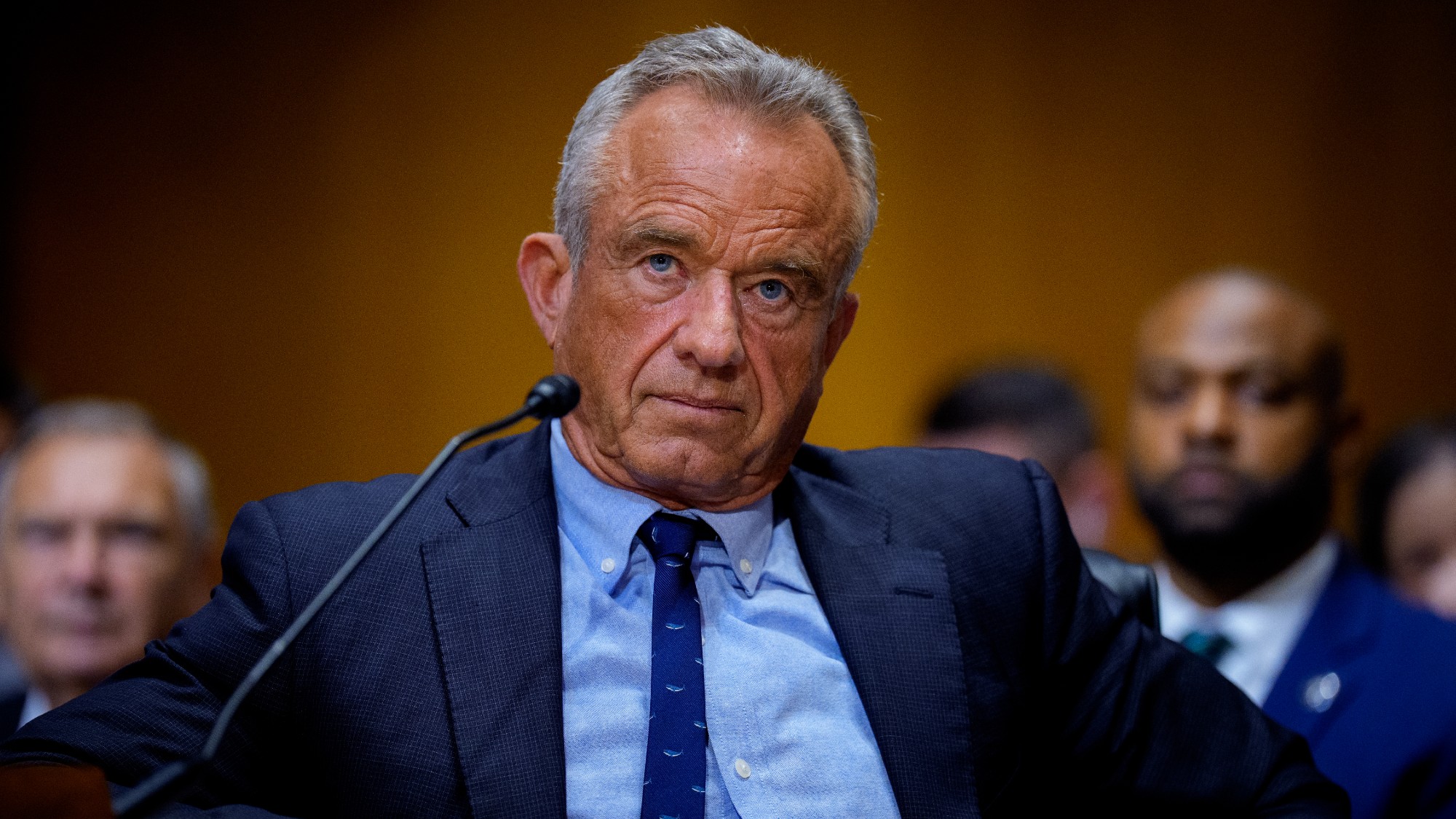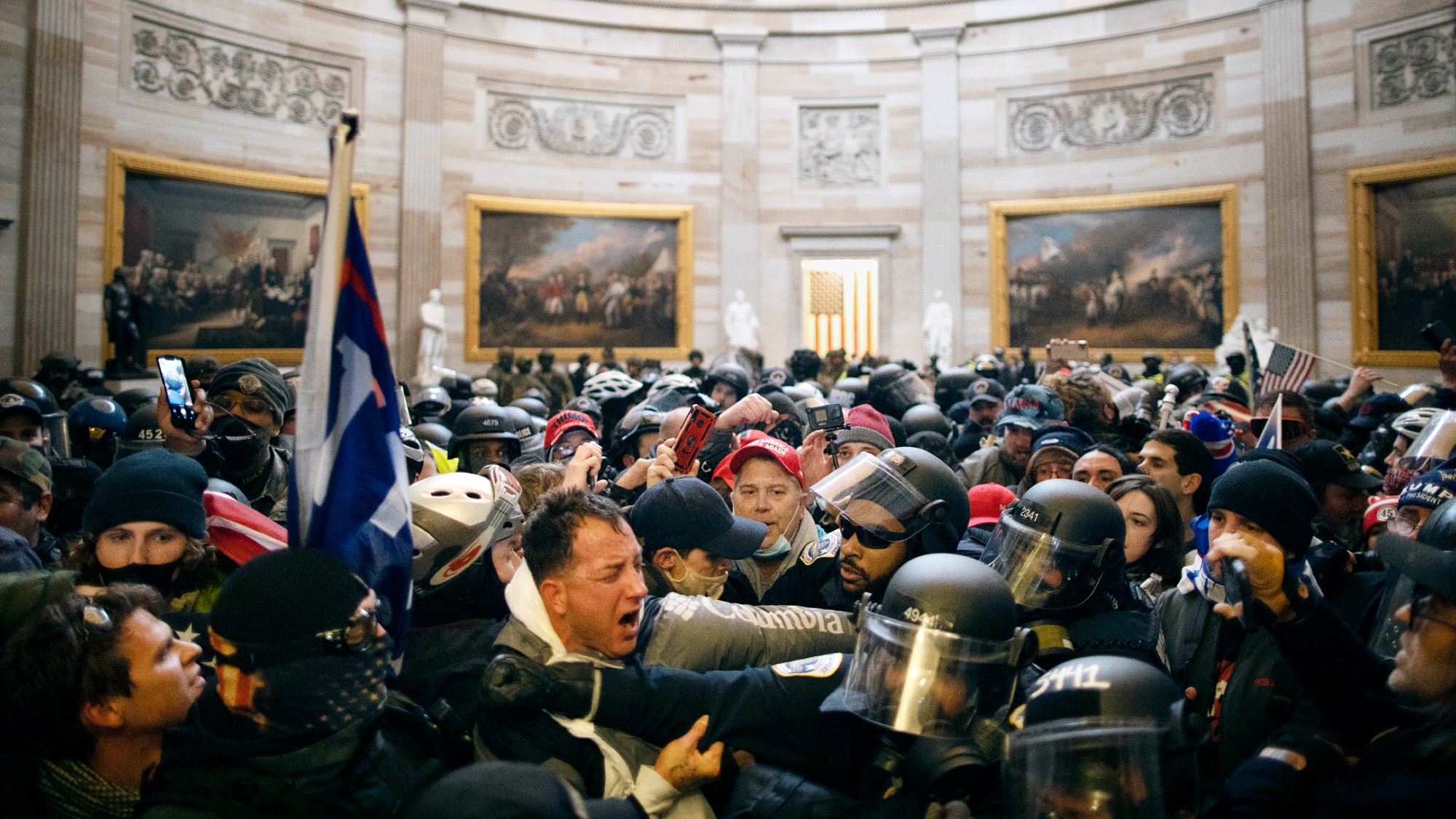Marco Rubio already learned the hard lessons of 2016
The question now is, how will he apply them?


Don't count Marco Rubio out. Since he dropped out of the 2016 presidential race after ignominiously losing his home state of Florida, many commentators have pointed to the obvious reasons why Rubio still has a political future. He's intelligent, charismatic, talented. He still has a great story to tell and he's still from Florida. In the contemporary political environment, being out of the Senate is probably a plus. And perhaps most of all, he's young.
All of that is true. But those things were true before he ran for president. There's another reason why we shouldn't count Marco Rubio out: He seems to have been changed by the campaign.
Some criticisms of Rubio's political persona were always less justified than others. He's been criticized for being robotic and shallow. Sure, in a soundbite-driven political world, like every other politician, Rubio delivers soundbites. And because he's great at it, he delivers them a lot. But anyone who's seen him speak in a non-soundbite-driven setting has seen that he's smart and understands policy.
The Week
Escape your echo chamber. Get the facts behind the news, plus analysis from multiple perspectives.

Sign up for The Week's Free Newsletters
From our morning news briefing to a weekly Good News Newsletter, get the best of The Week delivered directly to your inbox.
From our morning news briefing to a weekly Good News Newsletter, get the best of The Week delivered directly to your inbox.
The bigger criticism of Rubio was always that he was too callow for the job he aspired to. Many observers detected in his urge to be all things to all people, and in his escape from his own immigration bill, an underlying anxiety that might cause him to panic under pressure.
To those observers, those fears were basically confirmed by Rubio's now most famous flop, during the New Hampshire debate, when Christie threw him off his game and he repeated the same canned line a grand total of five times in quick succession. And those observers have a point.
But it's worth pointing out what happened in a following debate. At Houston, Rubio decided to attack Trump, and basically wiped the floor with him. Justifiably, everyone focused on the political dynamics: It was the first time that the candidates took the fight to Trump (Cruz attacked him as well, though less successfully), both cementing Trump's status as the frontrunner and the short-fingered vulgarian's vulnerability. But they also focused on the outcome: Trump had a broken nose, lost a few points, but still stayed comfortably ahead of his rivals.
But they didn't focus on how Rubio did it. He didn't beat Trump with soundbites, quite the opposite. Trump tried the playbook of his henchman-to-be Chris Christie: Don't let Rubio get a soundbite in, and he'll crumble. Rubio returned Trump's volleys every time with ease, and throughout the debate, he seemed exactly what he so rarely had seemed until New Hampshire: perfectly relaxed. The knock-out punch came when he got Trump stuck into his own feedback loop, haplessly repeating that he wanted to reform health care by getting rid of "the lines around the states." Let's go to the transcript:
A free daily email with the biggest news stories of the day – and the best features from TheWeek.com
Rubio: "Now he's repeating himself!"Trump: "No, no, no."(Audience laughs and applauds)Trump: "I watched him repeat himself five times four weeks ago."Rubio: "I watched you repeat yourself five times five seconds ago."
Trump tried to fire back, attacking Rubio as someone who melts down under pressure, and the attack fell utterly flat precisely because Rubio's demeanor over the exchange had been precisely the opposite.
That's just one debate moment, but it's interesting to see what happened next. As Rubio's campaign dropped in the polls and he became more and more of a long shot, Rubio didn't collapse under the pressure. Instead, he seemed to come into his own. Nobody who watched his later rallies would have described him as a robot. And while John Kasich is running a campaign that seems practically designed in a lab to hand Trump the nomination, and Ted Cruz has made it clear he cares only about Ted Cruz, Rubio's opposition to Trump focused more and more on principle. "We're not going to hand the conservative movement and the Republican Party to a con artist."
A press conference he gave in the final days of his campaign and went viral, which is saying something about a 13 minute video of political chatter, showed a man who was shaken and spent, but also sincere and determined.
At the end of the day, the voters didn't want what Rubio was selling. In many ways, what Rubio was selling was, yes, Bushism 2.0 — and that approach has been decisively rejected by Republican voters. If he wants a national future, Rubio will have to think through — as will everyone else on the right — what this campaign means.
He will also have to show through his post-campaign choices that the seeds of personal change that I've detected in the final legs of his campaign can flourish.
Many successful politicians — like so many of all of us — were shaped and honed by their early failures. Don't count out Marco Rubio yet.
Pascal-Emmanuel Gobry is a writer and fellow at the Ethics and Public Policy Center. His writing has appeared at Forbes, The Atlantic, First Things, Commentary Magazine, The Daily Beast, The Federalist, Quartz, and other places. He lives in Paris with his beloved wife and daughter.
-
 Childhood vaccines: RFK Jr. escalates his war
Childhood vaccines: RFK Jr. escalates his warFeature The health secretary cut the number of recommended childhood vaccines from 17 to 11
-
 Jan. 6: Ultimately a success?
Jan. 6: Ultimately a success?Feature The White House website offers a revisionist history of the Jan. 6 coup attempt
-
 Renee Good: A victim of ICE’s dangerous tactics?
Renee Good: A victim of ICE’s dangerous tactics?Feature The 37-year-old mom was killed in Minneapolis, sparking protests around the country
-
 The billionaires’ wealth tax: a catastrophe for California?
The billionaires’ wealth tax: a catastrophe for California?Talking Point Peter Thiel and Larry Page preparing to change state residency
-
 Bari Weiss’ ‘60 Minutes’ scandal is about more than one report
Bari Weiss’ ‘60 Minutes’ scandal is about more than one reportIN THE SPOTLIGHT By blocking an approved segment on a controversial prison holding US deportees in El Salvador, the editor-in-chief of CBS News has become the main story
-
 Has Zohran Mamdani shown the Democrats how to win again?
Has Zohran Mamdani shown the Democrats how to win again?Today’s Big Question New York City mayoral election touted as victory for left-wing populists but moderate centrist wins elsewhere present more complex path for Democratic Party
-
 Millions turn out for anti-Trump ‘No Kings’ rallies
Millions turn out for anti-Trump ‘No Kings’ ralliesSpeed Read An estimated 7 million people participated, 2 million more than at the first ‘No Kings’ protest in June
-
 Ghislaine Maxwell: angling for a Trump pardon
Ghislaine Maxwell: angling for a Trump pardonTalking Point Convicted sex trafficker's testimony could shed new light on president's links to Jeffrey Epstein
-
 The last words and final moments of 40 presidents
The last words and final moments of 40 presidentsThe Explainer Some are eloquent quotes worthy of the holders of the highest office in the nation, and others... aren't
-
 The JFK files: the truth at last?
The JFK files: the truth at last?In The Spotlight More than 64,000 previously classified documents relating the 1963 assassination of John F. Kennedy have been released by the Trump administration
-
 'Seriously, not literally': how should the world take Donald Trump?
'Seriously, not literally': how should the world take Donald Trump?Today's big question White House rhetoric and reality look likely to become increasingly blurred
